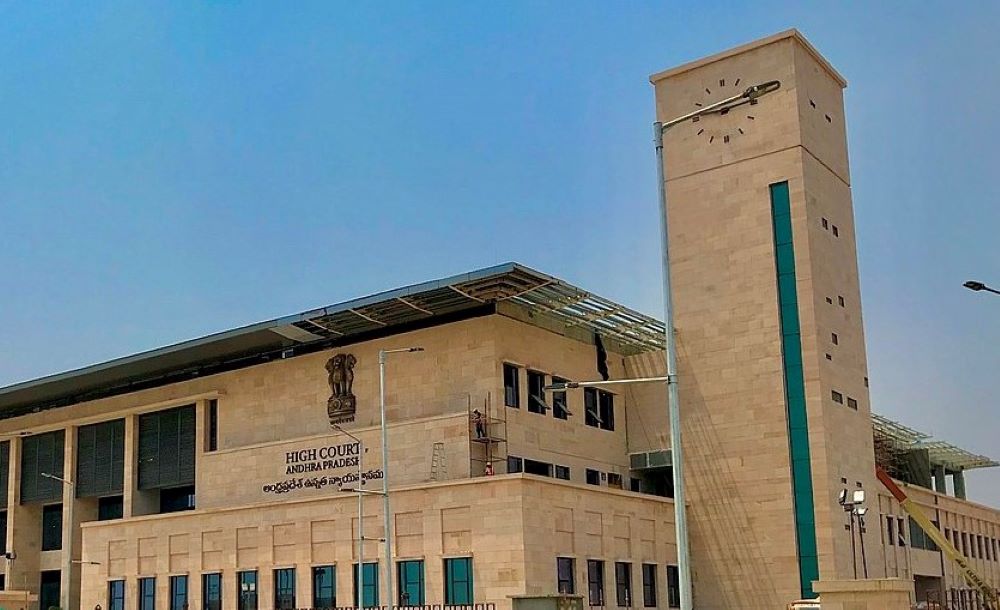LI Network
Published on: January 21, 2024 at 16:02 IST
Andhra Pradesh High Court, in a recent ruling, emphasized that the process of drawing samples under Section 52-A of the Narcotic Drugs and Psychotropic Substances (NDPS) Act must take place in the presence and under the supervision of a Magistrate.
The decision came from the bench of Justice T Mallikarjuna Rao, addressing a petition seeking regular bail in a case registered under Section 20(b)(ii)(c) read with 8(c) of the NDPS Act.
The case involved the seizure of 24 kgs of ganja from the petitioner, leading to charges under Section 20(b)(ii)(c) read with 8(c) of the NDPS Act. The petitioner, aged around 27, engaged in manual labor, sought bail, arguing that the investigating officer had not followed the prescribed procedure under Section 52-A(3) of the NDPS Act.
The critical question addressed by the bench was whether the petitioner could be granted bail. Upon examination of the mediator’s report, which detailed the seizure of contraband in the absence of approaching a Magistrate, the High Court expressed concern over the failure to adhere to the procedure outlined in Section 52-A(3) of the NDPS Act.
Referring to the case of Simaranjit Singh v. State of Punjab, the court emphasized the requirement that the process of drawing samples must occur in the presence and under the supervision of a Magistrate.
The judgment in Simaranjit Singh’s case highlighted that the officer-in-charge must promptly seek permission from the Magistrate for drawing representative samples, and the entire process should be certified by the Magistrate as correct.
The Andhra Pradesh High Court concluded that the principles enunciated in Simaranjit Singh’s case applied to the present situation. Accordingly, the court allowed the petition, granting bail to the petitioner.
Case Title: Genji Simhachalam Naidu v. The State of Andhra Pradesh

